What are the Costs of Buying a Used Car in Singapore?
Buying a used car in Singapore might be a foreign concept to some, especially if you have always gravitated towards a new car purchase - But with build quality increasing across the board, used cars are now in better condition than ever before, and make a compelling case for those who want a value for money purchase. Here are some costs associated with buying a used car in Singapore.

What are the costs of buying a used car in Singapore? - With the advancement in build quality and car technologies, used cars today are in better condition than they used to be in the past, and buying a second hand car can actually be a really good idea if you don’t wish to spend too much money upfront, or on your monthly repayments. However, buying a used car in Singapore isn’t just about scoring a good purchase price - there are many other cost considerations that should be taken into account in order for you to have a positive car ownership experience. In this guide to buying a second hand car in Singapore, we’ll help you understand some of these cost considerations surrounding PARF cars and COE cars, as well as road tax, interest rates, and car loan considerations.
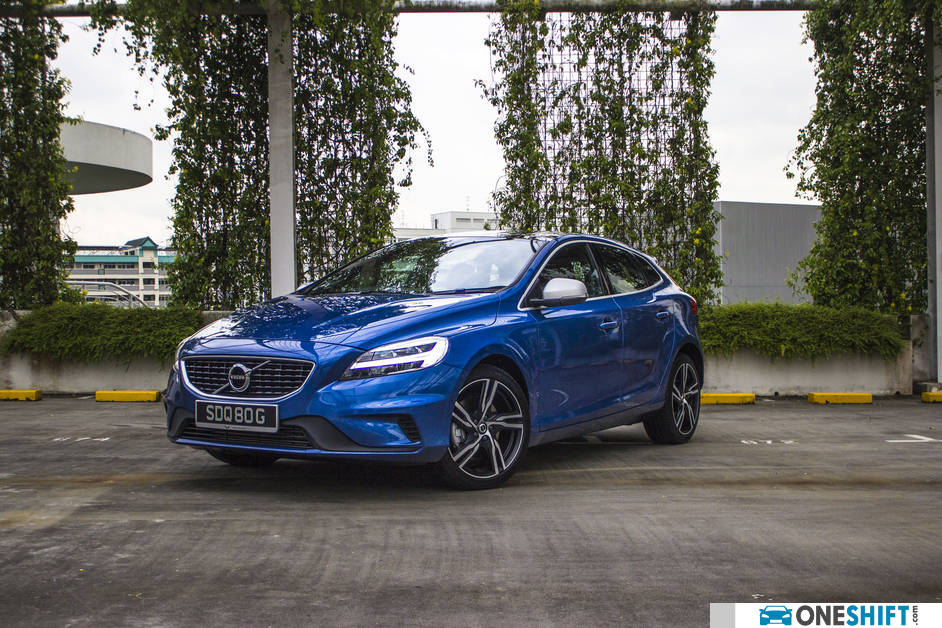
The most obvious cost associated with buying a used car is of course its sale price, applicable loan, and subsequent instalments. Many consumers are unaware, but most car loans in Singapore, be it from a bank, or via an in-house arrangement, are based on the Rule of 78, which is a calculation model that favours the lender over the initial years of the loan tenure. What you’ll need to understand is that the total interest calculated off your loan is not evenly spread out over your loan tenure, and in the initial year, a huge chunk of your monthly repayments go toward repaying interest on the loan, rather than repaying the principal sum. The implication of such a loan structure is that it is generally a financially detrimental thing to buy and sell a car with a loan too soon after you buy it. There are online calculators that you can use to work this out on your own, but it would be a good idea to get your seller to provide you with a loan breakeven assessment, so that you know exactly when would be the least detrimental time to sell your car or do a full settlement of your loan. If you are in need of a used car loan, click here to get a loan through OneShift.
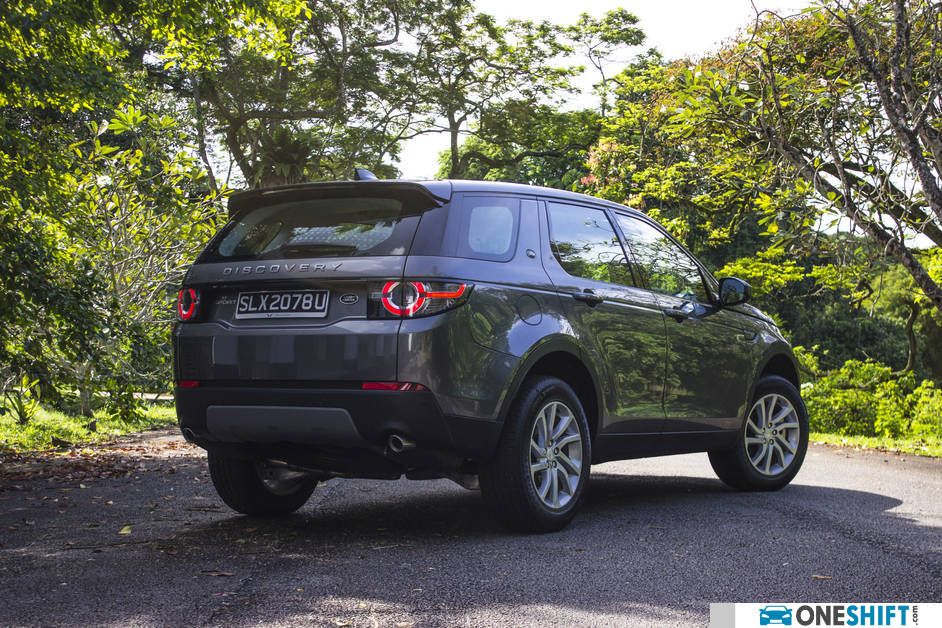
When purchasing a used car, it is also not uncommon for dealers to charge a processing fee, which typically range from $500 to $1000, although it is also not uncommon for dealers to either waive this fee during certain promotion periods, or for them to embed this processing fee into the sale price of the car. It’s not a scam, and is a perfectly legitimate thing for a used car dealer to charge - it's just better if you’re aware of what’s going on.
Road tax is a tax levied by the Singapore government that is payable on a 6 month basis or yearly basis. The tax was originally an emissions based tax that was pegged to engine capacity, with larger displacement engines incurring higher road tax figures. As such, performance vehicles with large displacement engines will no doubt attract higher road tax rates. However, with the inclusion of EVs and hybrid vehicles, Singapore’s road tax now also considers the car’s power output, with more powerful cars incurring more road tax as well. For reference, a base Tesla Model 3 which outputs 239 kW (321 bhp) of power will hold a road tax rate of $2,926 a year - which is about the same as an ICE car with an engine displacement of about 3350cc.
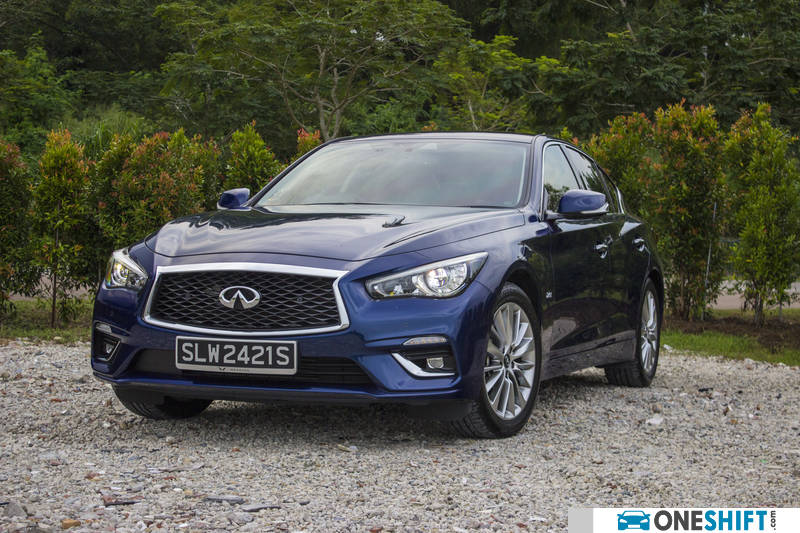
Higher road taxes are also levied on diesel powered vehicles and will cost approximately 30% more than a petrol powered vehicle with the same engine displacement. However, diesel powered vehicles tend to give you better mileage, so if you cover a lot of distance, you might see overall savings even with the higher road tax. When considering this equation, you’ll need to have an idea of how much distance you travel each month, the price of diesel, as well as the consumption of your new desired diesel powered vehicle. Your calculations aren’t likely to be exact, but it would give you a pretty good indication whether or not a diesel powered vehicle will bring you savings at the end of the day.
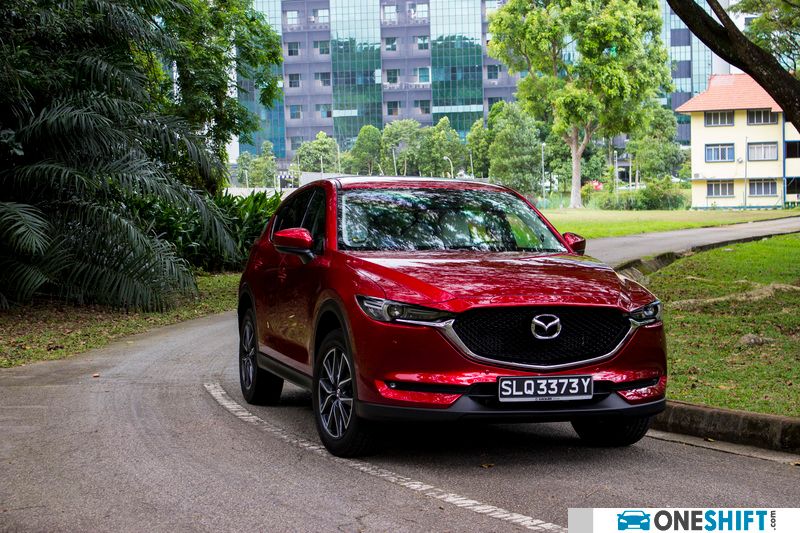
The last thing to take note of when it comes to road tax, is that while you might be paying the same amount of road tax each year during a particular car’s first 10 years, a COE renewed car’s road tax will increase by 10% year on year, until a maximum of 150% on the car’s fifth year of renewal. For this reason, buying a COE car with a huge engine displacement can prove tricky when it comes to road tax.
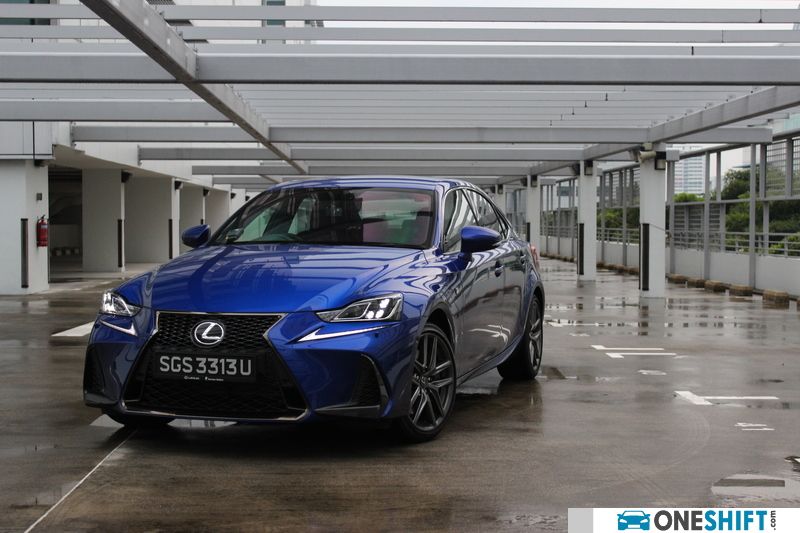
All cars in Singapore are mandated by law to be insured. There isn’t a formula to calculate the cost of insurance, and you’ll need to get a quote from the insurance companies, but the considerations undertaken by the insurance companies are based on the driver’s age, the car’s value and age, the driver’s experience, as well as the type of car being insured. Certain makes and models that are high powered or performance oriented typically attract higher insurance premiums, so if you are looking to save on insurance, avoiding high powered vehicles or performance oriented vehicles would be advisable. Personally, I like to get an insurance quote on the car I am considering, before committing to buying it, just so that I’m not caught with surprisingly high insurance quotes after already committing to the car.
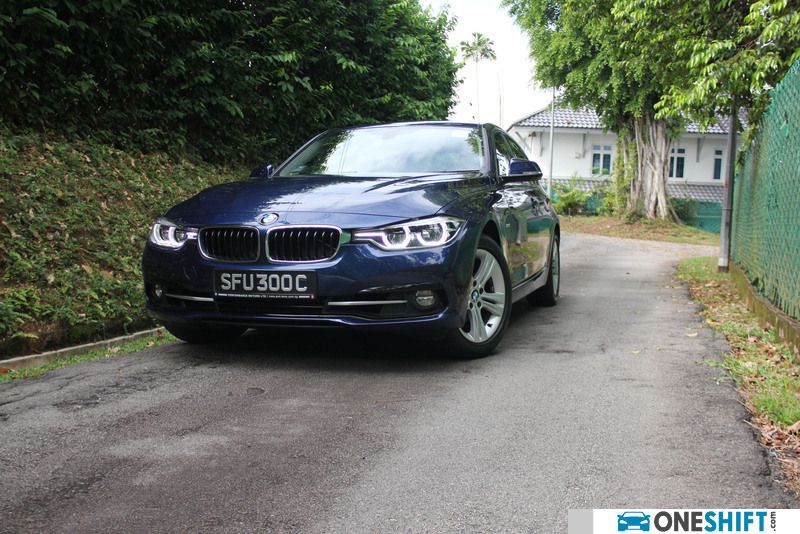
Comprehensive insurance makes up the bulk of car consumer insurance policies in Singapore, and offers the highest level of coverage available, though there are also owners who opt for third party insurance only. Keep in mind though, that comprehensive insurance for a COE car is generally more expensive than comprehensive insurance for PARF cars, so that would be something to look out for if you are looking to insure a COE car.
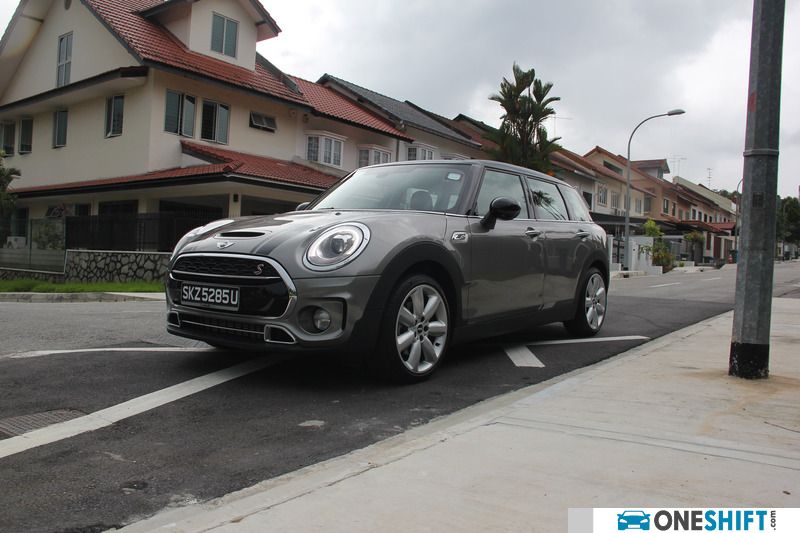
There have been many debates about whether or not certain insurance companies are better than others, and also debates about whether lower premiums are always a better thing. Generally, most insurance companies in Singapore have pretty good representation in terms of reporting centres and servicing centres, and are therefore more or less equal to a consumer. One good reason that you might choose one insurance company over another is if you have a preferred workshop which is a designated reporting centre and repair centre for that particular insurance company, it would seem reasonable for you to pick that particular insurance company.
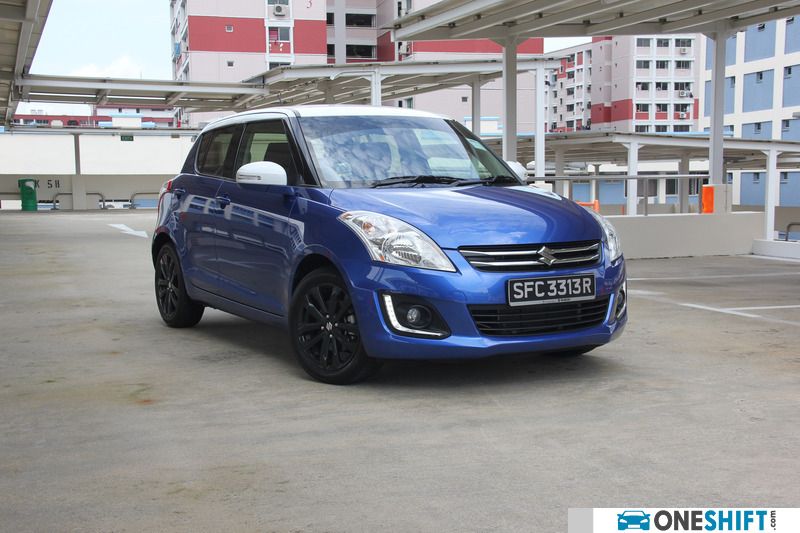
Speaking of premiums, some insurance companies charge a little bit more on a yearly basis, but perhaps have lower excess. On the flip side, there are insurance companies that charge a very low premium, but have much higher excess payments when you are liable for an accident and have to submit a claim on your own insurance. Therefore, it does depend on how you view your propensity of having to make a claim on your own insurance. If you’re a pretty confident driver, then it might make sense to pay the lower premium and bet on the fact that you’ll never have to pay the insurance excess. Conversely, if you are the type of driver who is prone to mistakes, having a higher premium with a lower excess might help you to mitigate some costs down the road. Either way, if you are in need of car insurance, get a quote here via OneShift.
Want to purchase a used car but don't know where to start? Check out a wide range of used cars here.
Credits:


Get the Best Price for your used car
from 500+ dealers in 24 hours

- Convenient and Hassle-Free
- Consumer Protection
Transparent Process
With No Obligation








